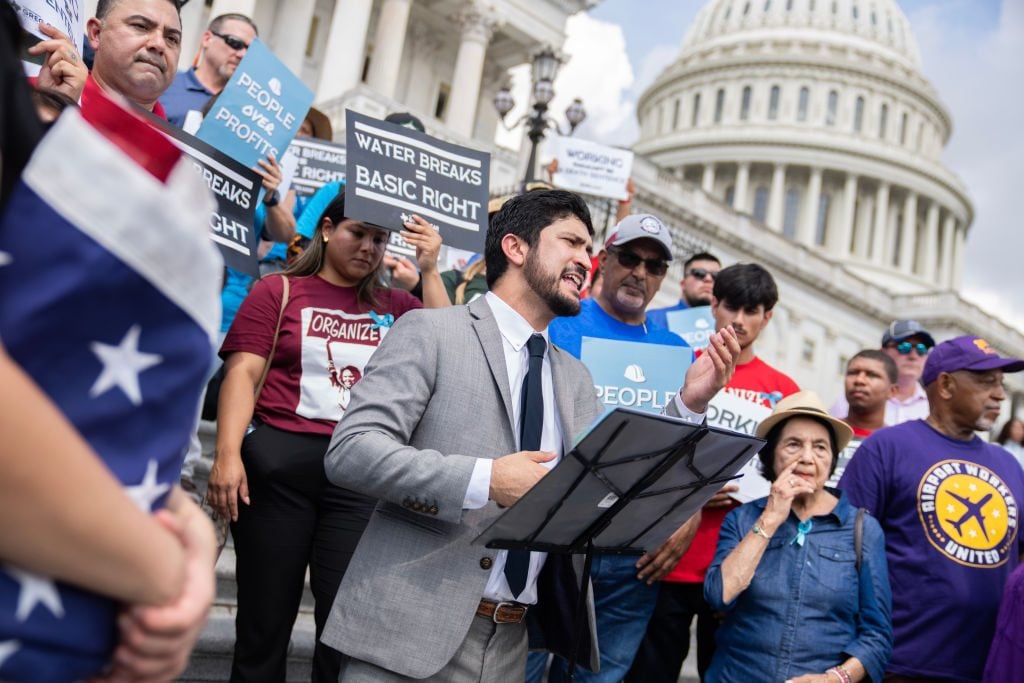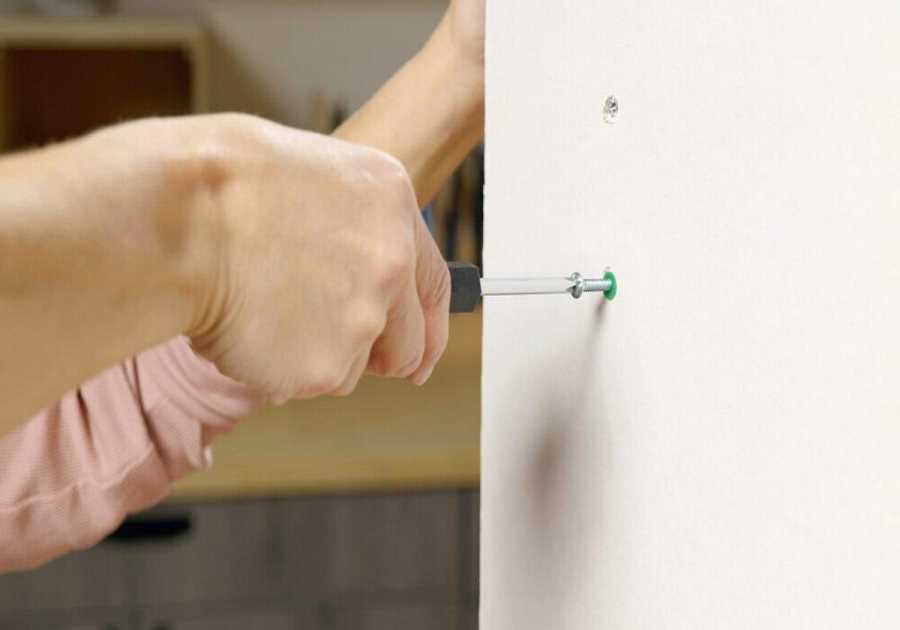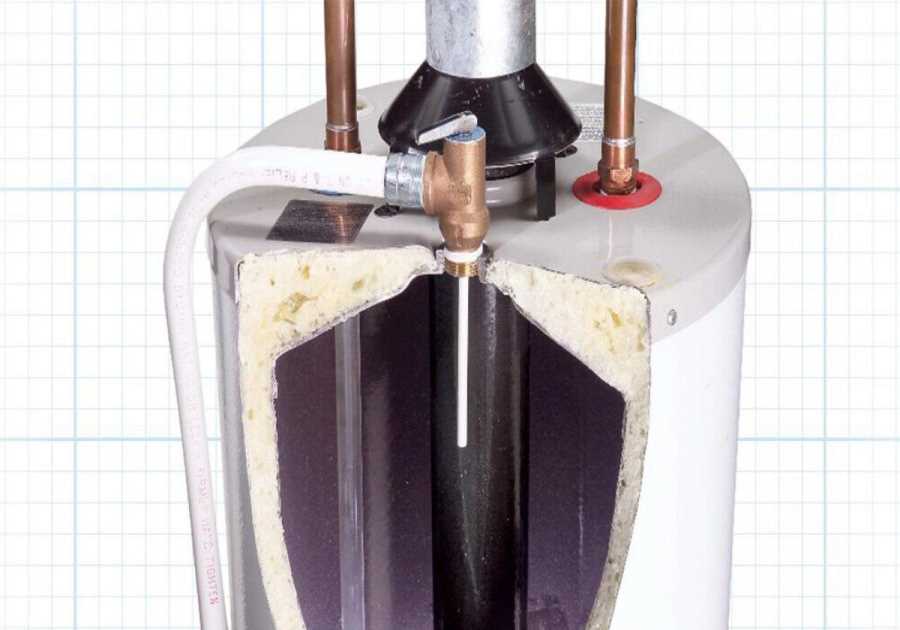I’m an electrician who worked outside for years in Minnesota’s usually lovely, but often frigid, climate.
As a member of the International Brotherhood of Electrical Workers, I knew the companies I worked for agreed to give workers lunch and bathroom breaks, and provide shelter from dangerous cold weather. Minnesota state law also requires employers to give workers breaks every four hours, protecting even non-union employees.
Imagine the exact opposite of that situation, and you have the state of Texas, where I currently live.
Under Texas law, construction workers (or any workers for that matter) have no right to breaks at all. Not after four hours. Not after 12 hours. None. Thirsty? Hope you brought a Thermos. Don’t drink too much, though, because unless your employer says it’s OK, you can’t go to the bathroom, either.
Local governments in Texas passed laws attempting to remedy the lack of mandated breaks. Dallas and Austin required 10 minute breaks every four hours, and San Antonio considered a similar measure. The reasoning is pretty simple: it’s hot down here. According to the Bureau of Labor Statistics, Texas tops the list of heat-related deaths by state.

Enter Texas House Bill 2127. As of September 1, 2023, those local “water break” laws are officially nullified. (San Antonio may still try.) Not only that, the bill just signed into law by Governor Greg Abbott prevents cities and counties from enacting any ordinances that supersede state law in certain fields like labor and natural resource management.
Workers are rightly upset by this bill, as are scores of mayors who see this as an infringement on self-governance. Houston sued the state to try to stop it. Business groups like the Associated Builders and Contractors of Texas cheered.
As reported by The Texas Tribune, supporters claim local laws are unnecessary and onerous to business. They cite Occupational Safety and Health Administration (OSHA) regulations as proof.
But Juan J. Rodriguez, deputy regional director of the Dallas/Denver office of public affairs for the U.S. Department of Labor, told me, “OSHA does not have a specific standard to address heat-related hazards.” Rodriguez says “[e]very employer is required to provide safe and healthful working conditions for their employees under OSHA’s General Duty Clause.” But the agency can only use enforcement actions on a case-by-case basis.
The majority of construction workers in Texas are Latino, and that group comprises two-thirds of construction deaths in the state. Christine Bolaños of Workers Defense Project, an organization serving immigrant workers in Texas, told The Guardian water breaks cause a lot of consternation among construction workers.
“We’ve heard from workers that taking rest breaks is very stigmatized in the construction industry,” Bolaños said, “because that signifies potential delays to get projects completed.”
The new law goes into effect September 1, but expect cities to continue to fight. The City of Houston, in their petition requesting declaratory judgment, says the law is unconstitutional.
“The Texas Constitution expressly champions the local control and innovation that has been key to the tremendous economic dynamism in cities like Houston,” Houston Mayor Sylvester Turner said in a statement. “HB 2127 reverses over 100 years of Texas constitutional law without amending the Constitution.”
Did you miss our previous article...
https://rsssuperfeeds.com/life-hacks/how-to-get-rid-of-old-furniture






